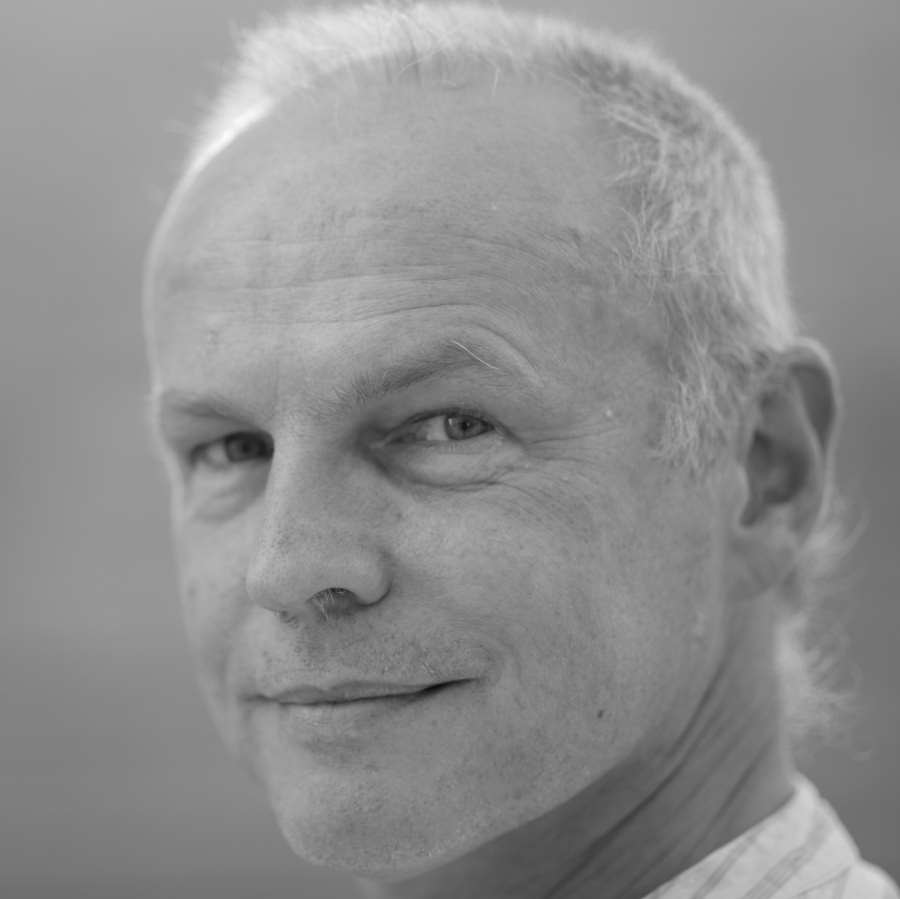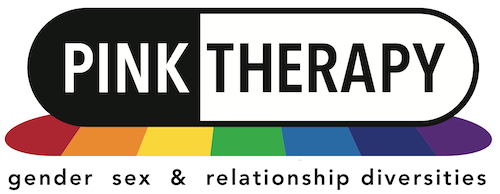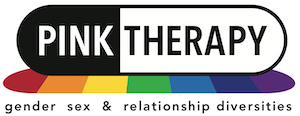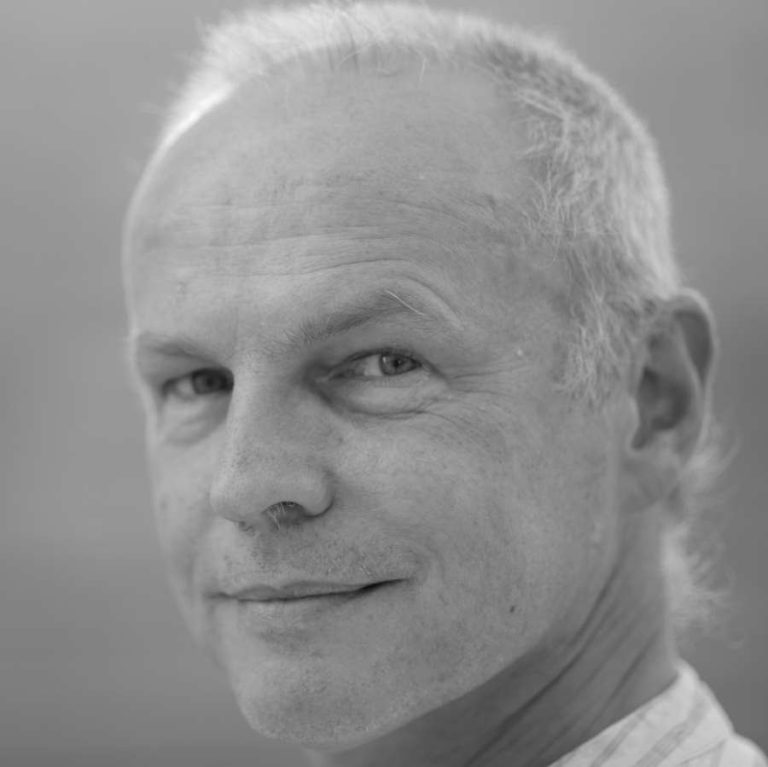Mark Argent
About the Therapist
My original training specialised in work focusing on people’s spirituality in the 1990s, and work in this area has included running retreats for gay men and in-depth one-to-one work with people wishing to explore that side of life, and those who’ve been wounded by it.
Since then, further professional development has taken me in the direction of psychoanalytically informed approaches to groups and organisations — which is valuable in thinking about issues people face at work or in organisations — and various psychoanalytic approaches. I’m currently in the course of further training with the Site for Contemporary Psychoanalysis.
My hobbies include painting and writing music and poetry, which is a helpful starting point for enabling people to bring what’s going on in their creative lives into their therapy.
- Gay
| Award | Awarding body | Year of award |
|---|---|---|
Underlying a psychoanalytic approach to therapy is the idea that the processes of the unconscious are about healing, or coming to live more fully. For some people it is enough to let that process go on in the background, but others find that working with a therapist things to change more easily, particularly if they feel “stuck”.
In your sessions, you choose what to talk about, and you and I together try to understand what might be going on for you. Usually a therapist says relatively little, but may make connections and suggest new meanings. As the sessions progress it’s possible to understand more about how you come across to other people, and the impact of family, organisations and society on you. You may see yourself in a new light, and begin the process of change.
Memories of dreams, free associations, fantasies, and slips of the tongue are among the things which can be worked with. Some people find it helpful also to think about what’s going on in their creative or spiritual lives.
Limiting sessions to 50 minutes can seem artificial — we don’t normally organise our lives in 50 minute chunks — but in time that comes to be helpful. People often find that the apparent limit of a time boundary actually enables further understandings. If the sense is that the end of the session interrupted something, it’s worth thinking about that afterwards.
Everything said in sessions is confidential. Things are shared in supervision, to help reflection on the work, but this is anonymised, which means people can’t be identified.
- Psychodynamic
- BDSM | Kink
- Bi- | Pansexual
- Consensual non-monogamy
- Non-binary | Genderqueer
- Queer
- Questioning
- Survivors of attempted conversion therapy
- One to one
- No adaptation
- Adults
- Online
- In Person
Sorry, no records were found. Please adjust your search criteria and try again.
Sorry, unable to load the Maps API.



